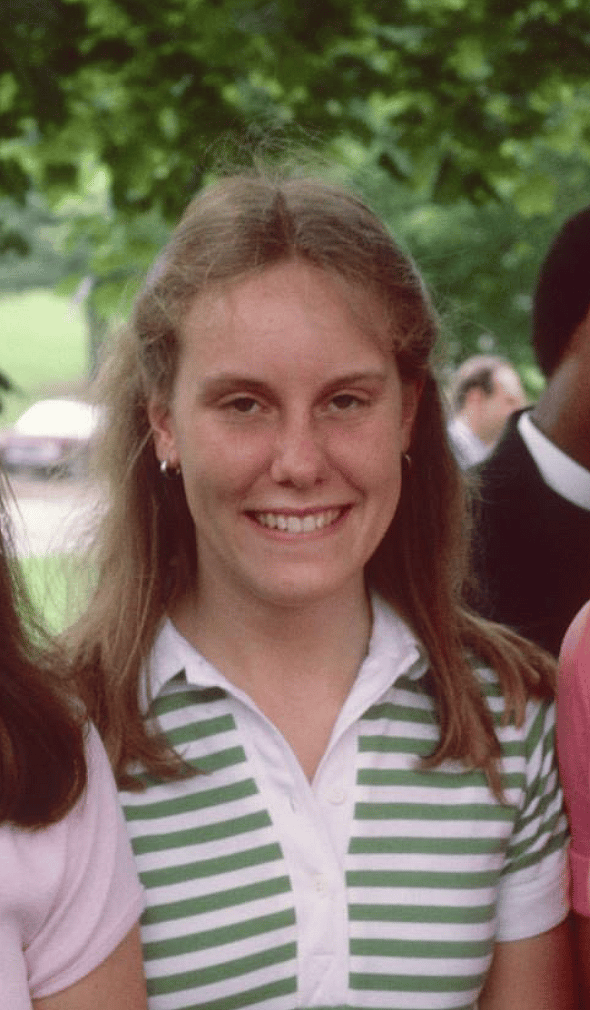Anyone who has a big sister can probably relate. As a little kid, I looked up to my sister and assumed that anything she said was gospel. So when faced with the choice of where to go to prep school, I followed her (in retrospect, definitely not a great choice for me) and worse than that, since my school’s advising system left something to be desired, I looked to her academic choices and modeled my selections after hers. Since my sister loved history and filled out her course schedule with history courses, I just assumed this was the way to go and did the same. Not once did anyone ever ask me to consider my interests or as Joseph Campbell would say, “follow my bliss.” I slogged my way through history course after history course – and did fine I might add- but was never engaged, or particularly inspired. (This is brought home to me now when I realize that I memorized a whole lot of info but didn’t really retain much of it.) During my senior year, I signed up for a one-semester psychology course on human learning and development that most students took because it was considered a “gut.” I took it because I was interested in the subject matter and remember sitting up a little straighter in that class as I read about child development and issues in education. Mind you, this is a class that my sister never would have taken in a million years.
The voice that I carried with me – from my sister, my parents, and my perception of what education should be – continued to influence me as I moved onto college. I was invited to participate in a two-year humanities program that focused on the history of western civilization; I felt that I “should” take advantage of this opportunity and proceeded to enroll in the program, taking a variety of courses in history, philosophy, religion, and anthropology. The dutiful student that I was, I slogged away at the classes, but again I wasn’t particularly excited about them. Instead, I was envious of my roommate’s classes – she was taking a seminar on race relations and writing papers on topics that intrigued me such as the Brown v. Board of Education. Finally, I succumbed and took a page from her playbook. I ditched the humanities program and signed up for Schooling in America, Social Problems in American Society, and Urban Economics. Urban Economics was a lecture class full of upperclassmen. (I took it as a sophomore.) I was horrified when after an exam, the professor called on me and asked me to discuss my essay answer in front of the class. While I was caught off guard and due to a bad case of stage fright, did a terrible job explaining my answer, I still remember with pride almost 40 years later that my essay had something to do with the economics of cities, buses, and pollution.
In thinking about what education means to me, I consider a number of things. I am fortunate that I had the education to become a skilled writer, critical thinker, and analytical reader. Regardless of what one ultimately studies and what direction one pursues, I have a deep belief that these are needed skills and ones that education should impart to young people. With these skills in hand, one can go forward in any direction; without them, one is fundamentally shortchanged. At a more personal level though, education for me meant finding my bliss, finding my passion, and finding the intellectual areas that I wanted to delve into more deeply. Once this happened, I became a more engaged and inspired student. As I moved through college, and later graduate school, the harder my classes became, the more engaged I was, and the better I did.
At McMillan, my students have a wide range of interests, needs, abilities, and goals. I am keenly aware of the importance of helping them find their bliss if they are going to be able to realize their potential.

